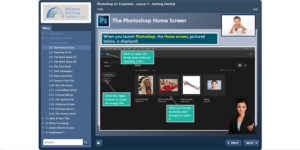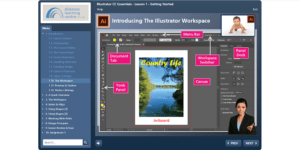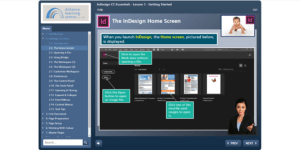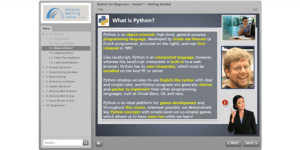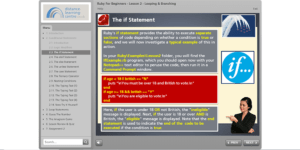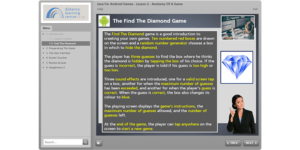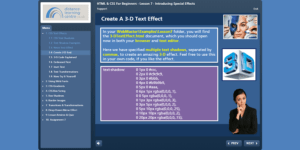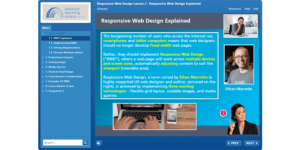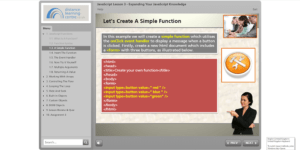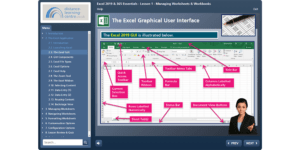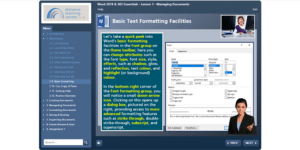Information Communication Technician
The broad purpose of the information communication technician is to deliver efficient operation and control of the IT and/or Telecommunications infrastructure (comprising physical or virtual hardware, software, network services and data storage) either on-premises or to end-users provisioned as cloud services that is required to deliver and support the information systems needs of an organisation.
The occupation includes contributing to the preparation for new or changed services, operation of the change process, the maintenance of regulatory, legal and professional standards, the building and management of systems and components in virtualised and cloud computing environments and the monitoring of performance of systems and services in relation to their contribution to business performance, their security and their sustainability.
The Information Communications Technician makes their contribution through the application of infrastructure management tools to automate the provisioning, testing, deployment and monitoring of infrastructure components.

An Information Communications Technician (ICT) provides support to internal and/or external customers, by using tools or systems to problem solve and trouble-shoot routine and non-routine problems. This occupation supports clients/customers with their systems. They achieve this through monitoring and maintaining the systems and/or platforms to maximise productivity and user experience.
An ICT could be installing and configuring computer systems, diagnosing hardware and/or software faults, solving technical and applications problems, either remotely or in person. Some examples of these issues are slow performance, connection problems, and an inability to access data.
The work of an ICT involves undertaking a vast array of specialist roles supporting business critical requirements and focus on customer solutions. Networking, Server, IT Essentials, Secure Communications, programming, and databases are just an example of typical tasks and projects undertaken within the likely areas of employment.
In their daily work, an employee in this occupation interacts with a wide variety of internal or external users of digital systems, through digital channels, remotely and/or face to face.
An employee in this occupation will be responsible for prioritising systems support tasks as they arise and for monitoring and maintaining system performance. They may work alone or as part of a team but will escalate problems in line with their organisation’s policies and Service Level Agreements. For example, if the task may not be completed on premise, it may have to be referred to an external specialist.
There are 2 routes which an information communication technician can take:
The Support Technician role is desk based resolving system user queries and resolving faults in a helpdesk environment. For example, a Support Technician in a Travel Agent would use a system to manage their customer bookings and when the system fails it needs rectifying rapidly in order to reduce the financial impact and damage to customer reputation. The business would contact a Support Technician to report the problem and either get it fixed or escalated to an engineer.
A Network Technician role is usually desk based but may involve visits to client’s premises to resolve issues. For example, a Network Technician working in a university or a college they may be installing a computer lab as a training suite including cabling and hardware requirements. They may be required to install cloud services to support a business expansion and provide better network services.
In a contact centre environment, they may use network management tools to collect and report on network load and performance statistics to improve commercial outcomes.
In a retail bank they may contribute to the implementation of maintenance and installation work using standard procedures and tools to carry out defined system backups, restoring data where necessary.
Duration: Minimum of 22 months
Level: Level 3
Qualifications: Where a information communications technician has not already achieved Level 2 English and Maths, they must do so before taking the end-point assessment.
Professional Recognition: This standard aligns with the following professional recognition: RITTech for 3






